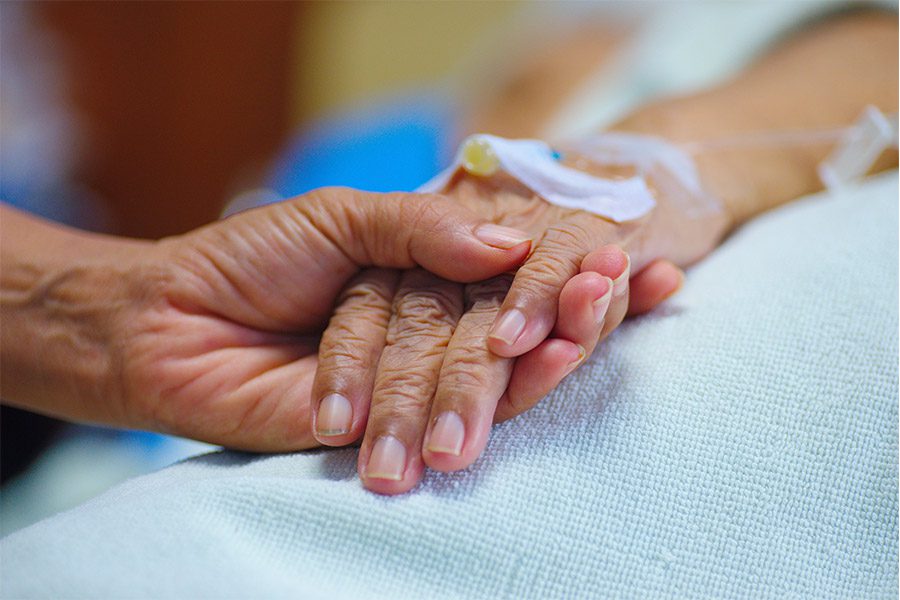The Australian Centre for Grief and Bereavement has a number of online training courses available in July. Access to the self-paced courses opens on Monday, 4 July and ends on Sunday, 31 July. The topics for July are:
Ability, Ageing and Dementia
This course will take participants through an exploration of the many facets of grief experienced by those affected by decreased abilities, and an increase in age and/or dementia.
The different needs of both the families/carers and the person themselves will be considered. Strategies will be offered to help people who support these families to engage in an active grieving process that acknowledges the losses experienced and the life of their loved one.
Ambiguity of Non-Death Loss
All losses have some element of ambiguity. However, for those who experience losses such as awaiting the return of a missing person, caring for someone with dementia, or a family member absent to work or addiction, the lack of uncertainty about whether the person is gone forever or will be present again, adds constant anxiety and an uncertainty to grief.
Those experiencing ambiguous loss often struggle with their situation. They can find it difficult to cope, and almost always find it impossible to move on with their lives. The family support system is an important focus of working with ambiguous loss and a fundamental goal of care is to build resilience in the face of ongoing loss.
Introduction to Bereavement Support and Brief Contact
When working with the bereaved it is important to recognise and understand the broad range of grief reactions and responses. Grief counselling and support is a specialised area which requires responses and strategies tailored to each individual’s needs.
In this introductory self-paced short course, students will learn the fundamental knowledge and skills required to provide grief and loss support.
This course is designed for anyone who wants to learn more about this specialised area including the effect this can have on you as the support person. Students will learn common grief reactions and helpful bereavement theories/models.
It will also provide students with effective communication tools and the Bereavement Single Session model for students who may have a one-off conversation with a bereaved individual.
Guiding Clients Through Palliative Care
Palliative care provides holistic care to optimise quality of life for people and their families living with a life-limiting illness. During the journey from diagnosis towards end-of-life, the patient, their family, and their friends experience grief as they deal with many varied losses along the way.
This self-paced course will consider key aspects of working with patients as well as their families at end-of-life; in particular, having conversations that can at times be difficult.
Various life-space factors will be explored in the context of the various illnesses and dying trajectories. Care choices and strategies to help clients prepare for end-of-life and work towards a good death will be reviewed, with the aim that complex bereavement issues in surviving family and/or significant others can be reduced.
Responding to Complicated Grief
This online short course will introduce participants to theories of complicated or prolonged grief, as well as providing a basic introduction to the theories which inform Complicated Grief Treatment (CGT), it’s aims and strategies.
Those bereaved and suffering with complicated grief often feel stuck in their pain. Their therapists frequently also feel stuck and unable to help their clients come to terms with the reality and consequences of the death, manage their strong emotions, resolve complications and re-engage with life.
Supporting Children and Adolescents Experiencing Grief and Loss
This course will consider loss and grief from the perspective of the needs of grieving children and adolescents. Young people have different needs to adults when they experience loss. Adults who provide care and support need to be sensitive to these unique needs.
This course will explore the developmental changes in childhood and adolescence and a range of support strategies that can be effective when supporting grieving children and adolescents.
Course prices are:
- $295 Australian Centre for Grief and Bereavement members
- $345 non-members.



